Former DR Congo Leader Joseph Kabila Denounces Successor’s Government as “Dictatorship” Amid Treason Charges
- by Farouk Ahmed, RNG247
- about 3 hours ago
- 22 views
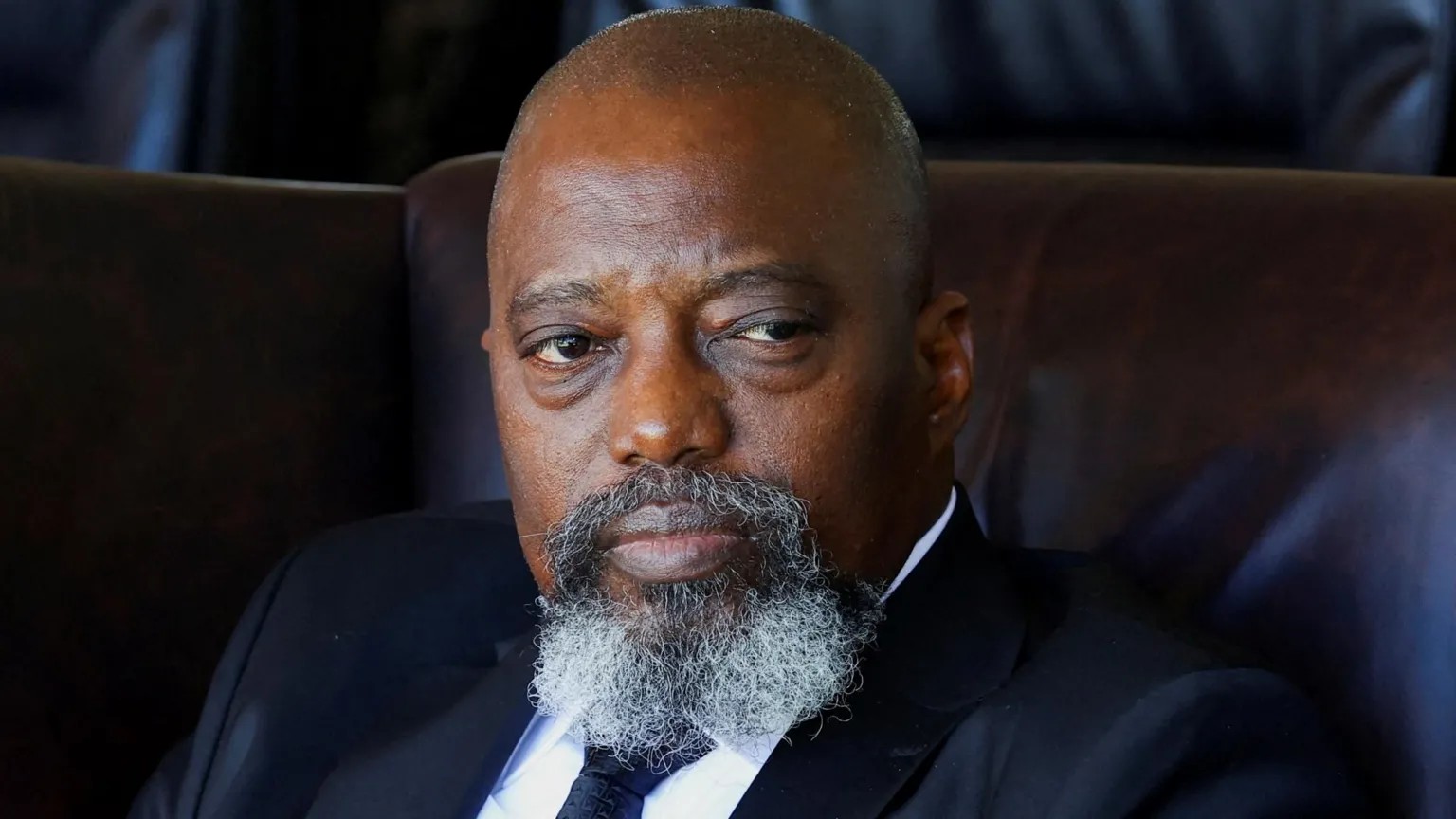
In a fiery 45-minute address broadcast live on YouTube from an undisclosed location, former Democratic Republic of Congo (DRC) President Joseph Kabila launched a scathing attack on the administration of his successor, President Félix Tshisekedi, labeling it a “dictatorship.” The speech, delivered on Friday evening, came just one day after the DRC Senate lifted Kabila’s immunity from prosecution, paving the way for treason and war crimes charges against the ex-leader.
Kabila, who ruled the DRC from 2001 to 2019, accused the government of undermining democracy, mishandling the economy, and failing to address the country’s security crisis. Dressed in a navy suit adorned with a Congolese flag badge, he stood before a lectern in what was described as an “address to the nation,” bookended by the national anthem.
The former president’s immunity was revoked amid allegations that he is linked to the Rwandan-backed M23 rebels, who have seized control of several towns in the DRC’s volatile east. Kabila vehemently denied the accusations, stating that he broke his silence because he believed the unity of the country was at risk. “The dictatorship must end, and democracy, as well as good economic and social governance, must be restored,” he declared.
Kabila outlined a 12-point plan aimed at resolving decades of insecurity in the mineral-rich eastern region, urging the withdrawal of “all foreign troops” from the DRC. He also criticized the government’s reliance on pro-government militias, which he claimed had replaced the national army, plunging the country into “indescribable chaos.”
The former leader’s speech highlighted his growing rift with Tshisekedi, once an ally. Their political coalition formally dissolved in 2020, and Kabila has since lived abroad, initially pursuing a doctorate in South Africa. He revealed plans to visit Goma, a city currently under M23 control, where he would not face arrest.
Kabila also took aim at the government’s economic policies, accusing it of mismanaging public debt, which he said had “skyrocketed” to over $10 billion. He lamented that the achievements of his 18-year tenure had been squandered, leaving the DRC “a failed, divided, disintegrated state, on the verge of implosion.”
The former president’s criticism extended to the justice system, which he accused of being “openly exploited for political ends,” and to parliament, which he said had failed to hold the president accountable. He also condemned the government’s handling of corruption and security, particularly its engagement with armed groups like the Democratic Forces for the Liberation of Rwanda (FDLR), a militia linked to the 1994 Rwandan genocide.
Reactions to Kabila’s address have been mixed, with some observers noting the irony of his criticisms, which echo those once leveled at his own administration. Analysts warn that any trial of Kabila could further destabilize the DRC, which has been grappling with the M23 rebellion since 2012.
The DRC and Rwanda, which denies backing the M23, recently signed a preliminary agreement in Washington, signaling a potential pathway to peace. Kabila welcomed the move but emphasized the need for broader peace initiatives, including those supported by the Catholic Church.
As the DRC navigates its latest political crisis, Kabila’s speech underscores the deep divisions within the country and the challenges facing Tshisekedi’s administration. With the specter of treason charges looming, the former leader’s return to the political spotlight could have far-reaching implications for the nation’s fragile stability.



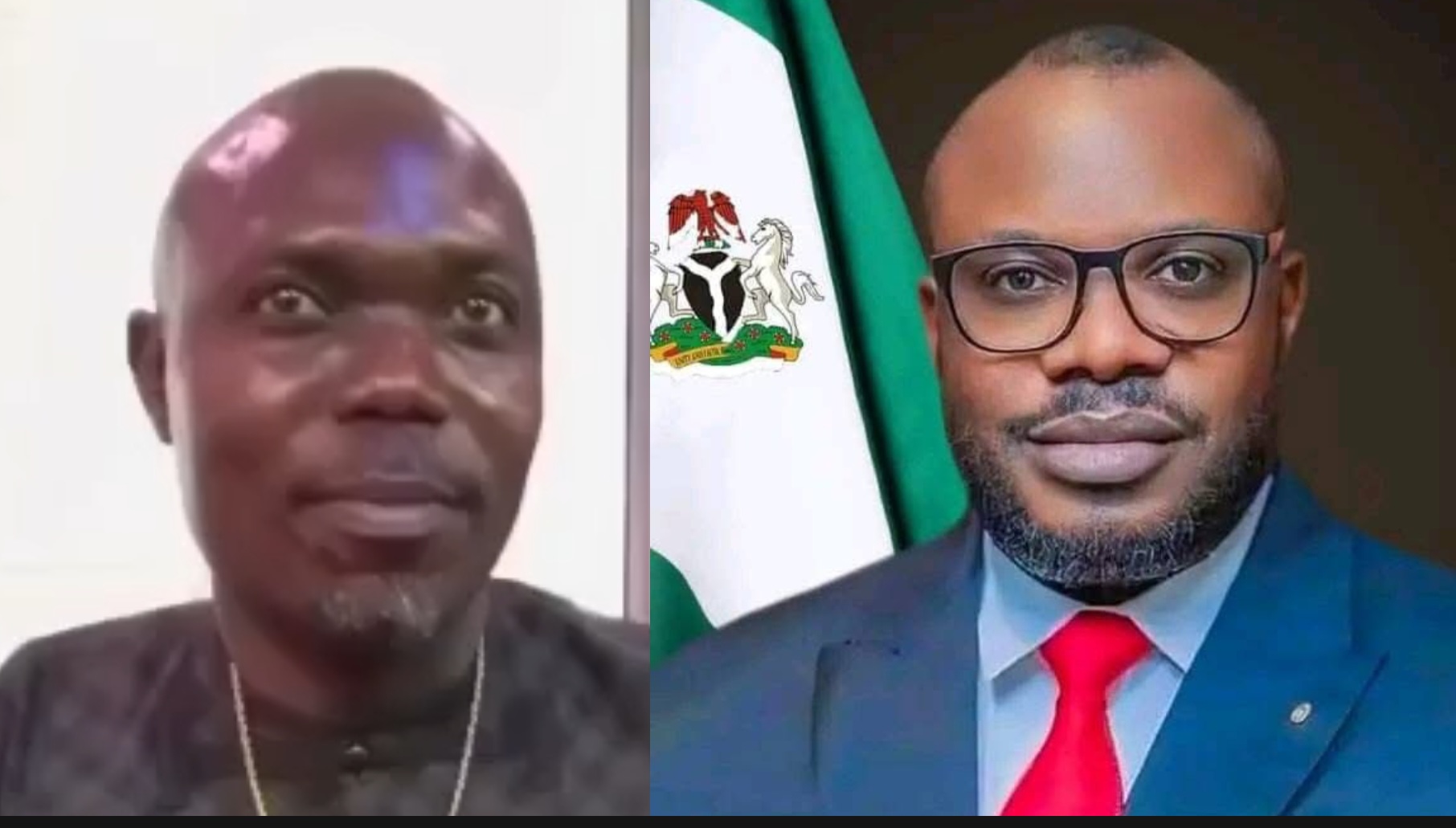
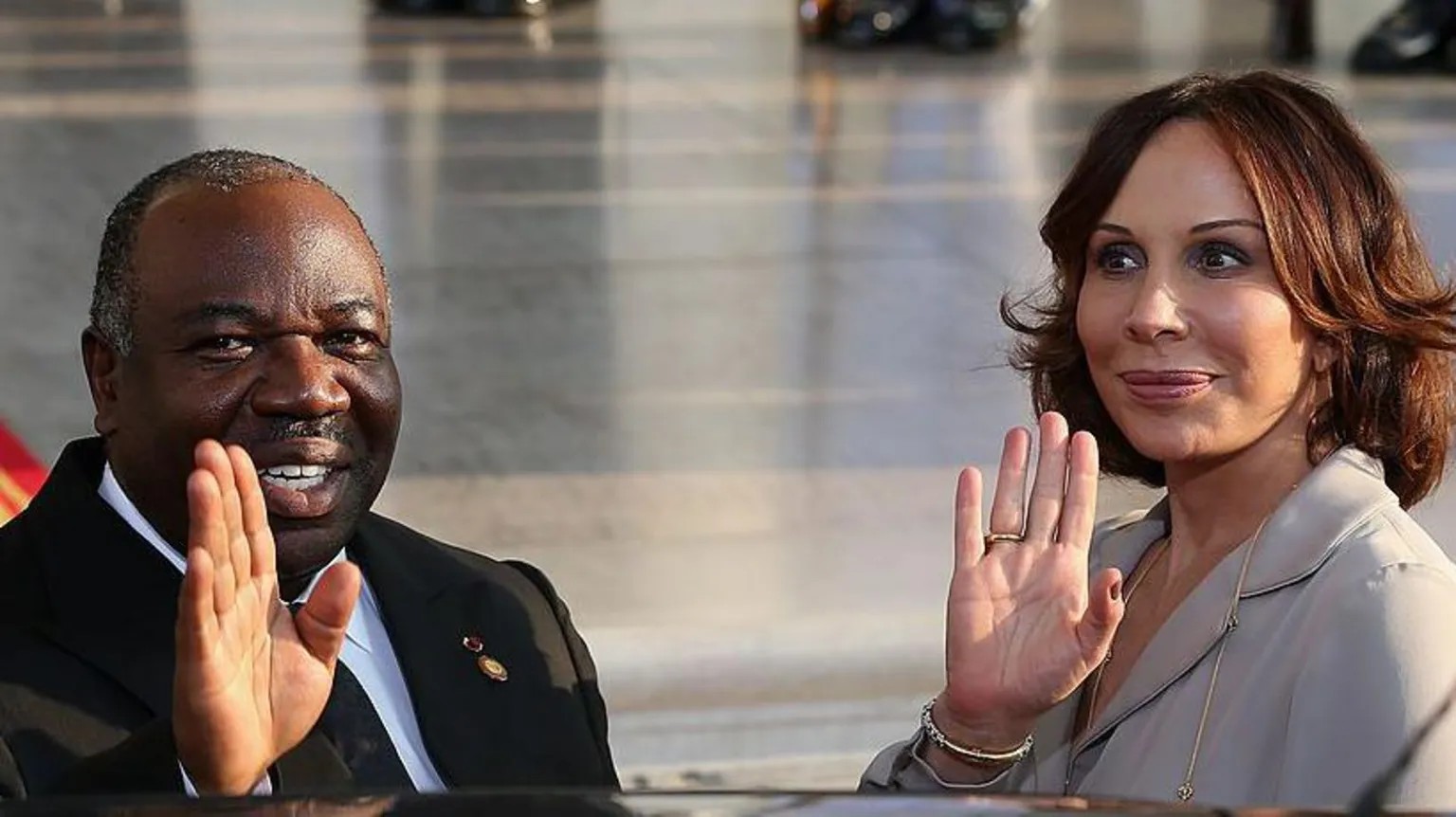
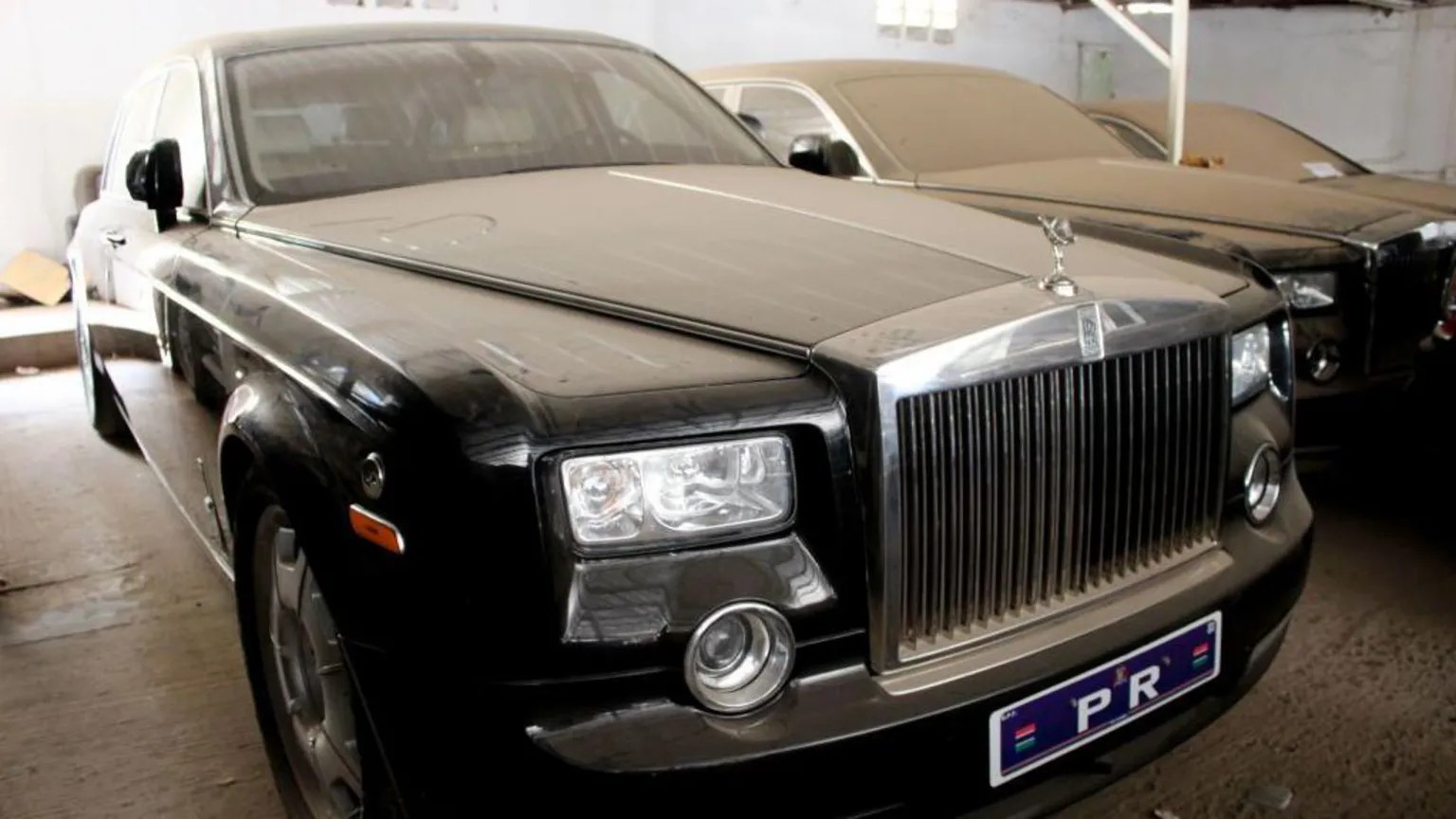
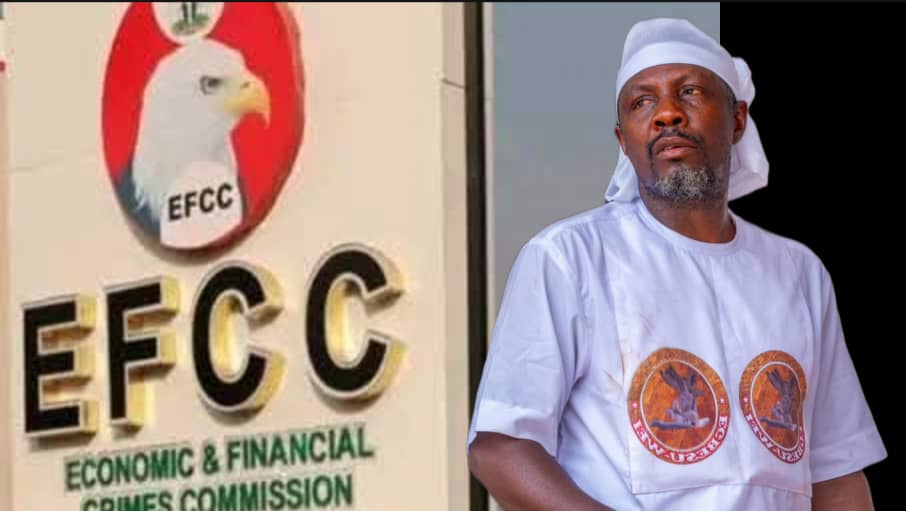
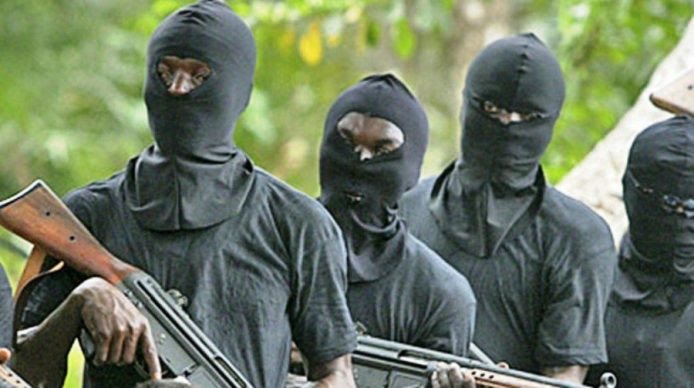
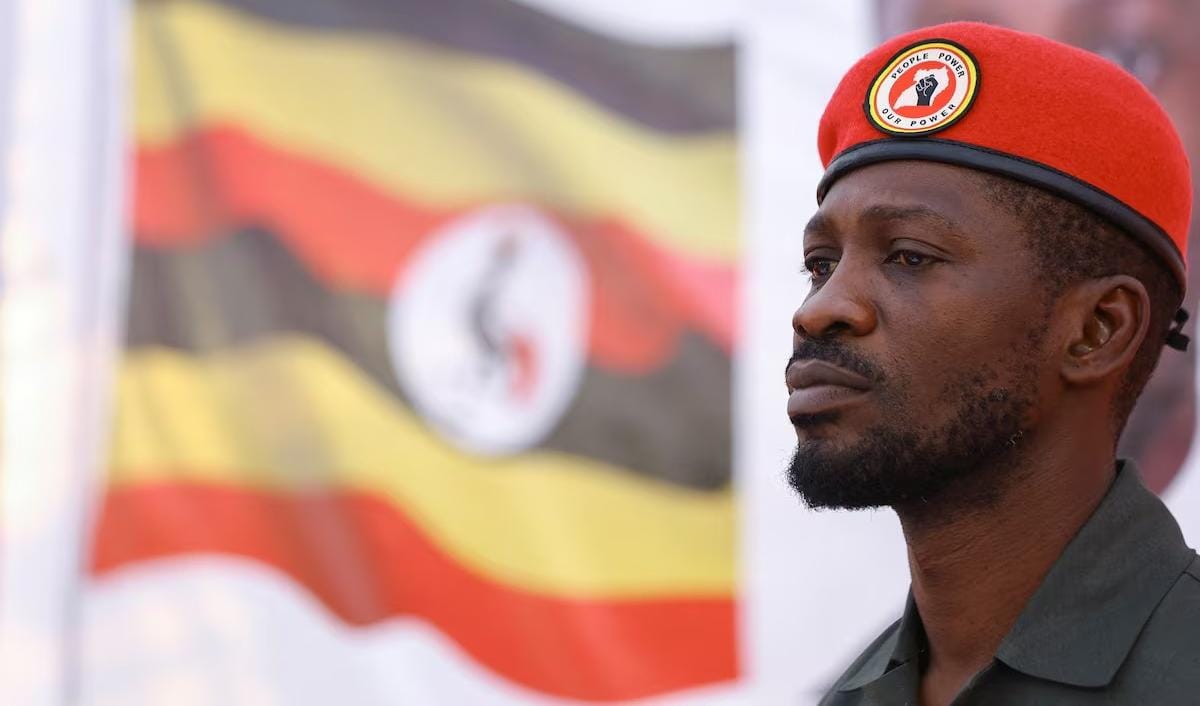
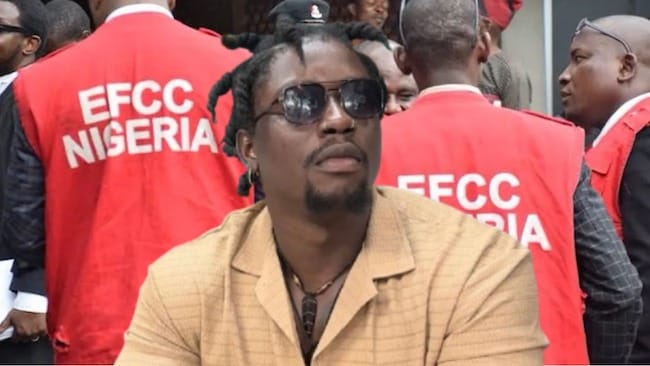
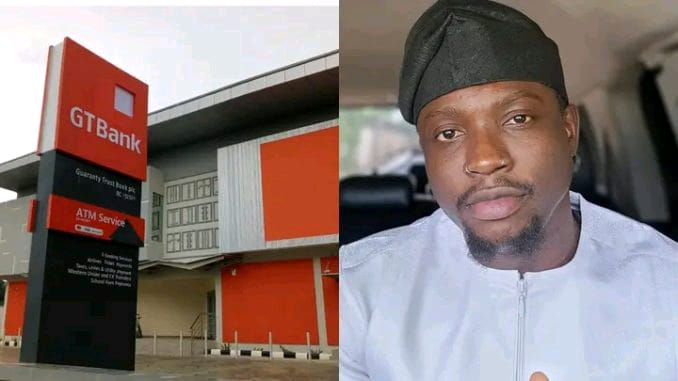
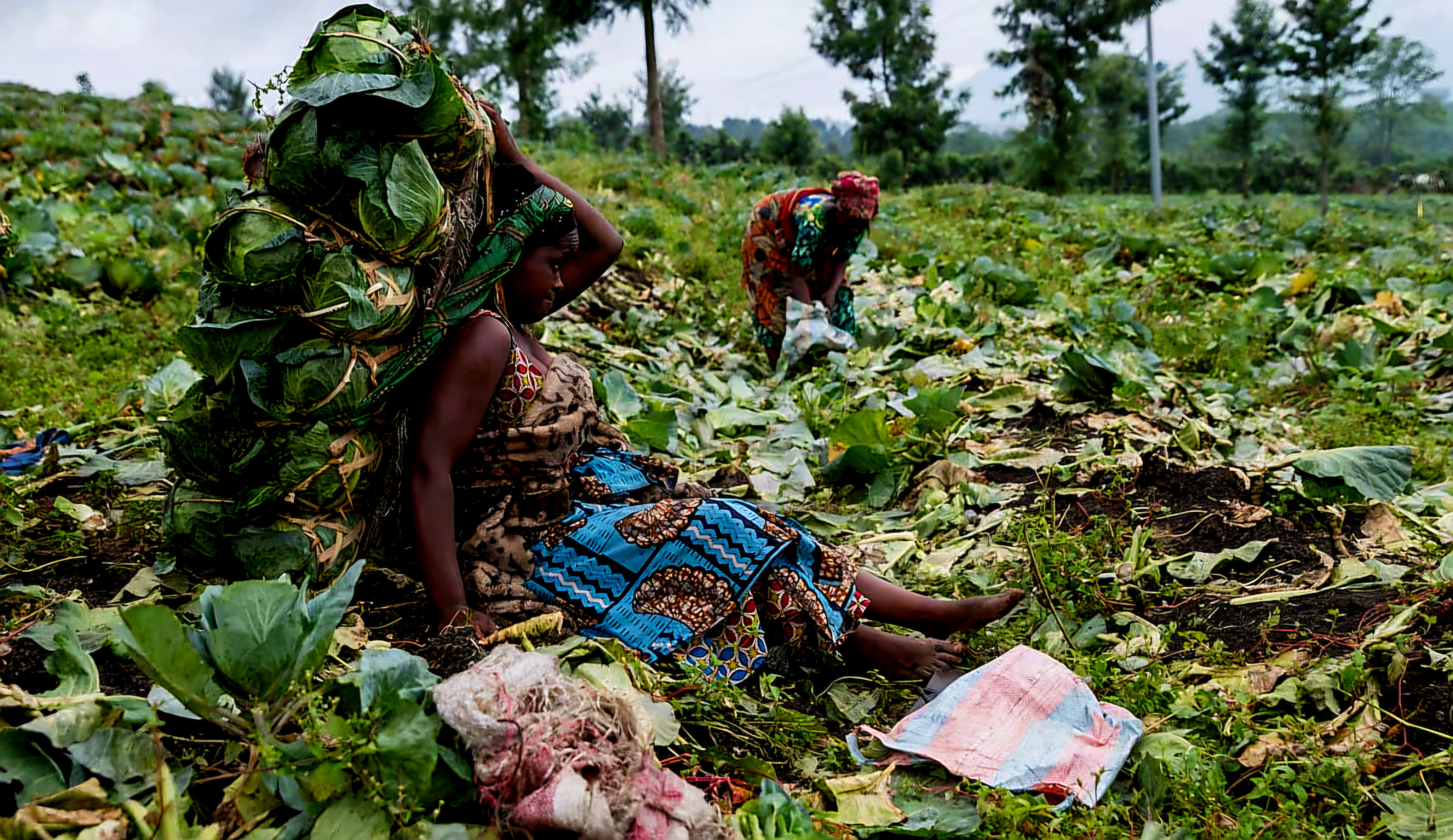
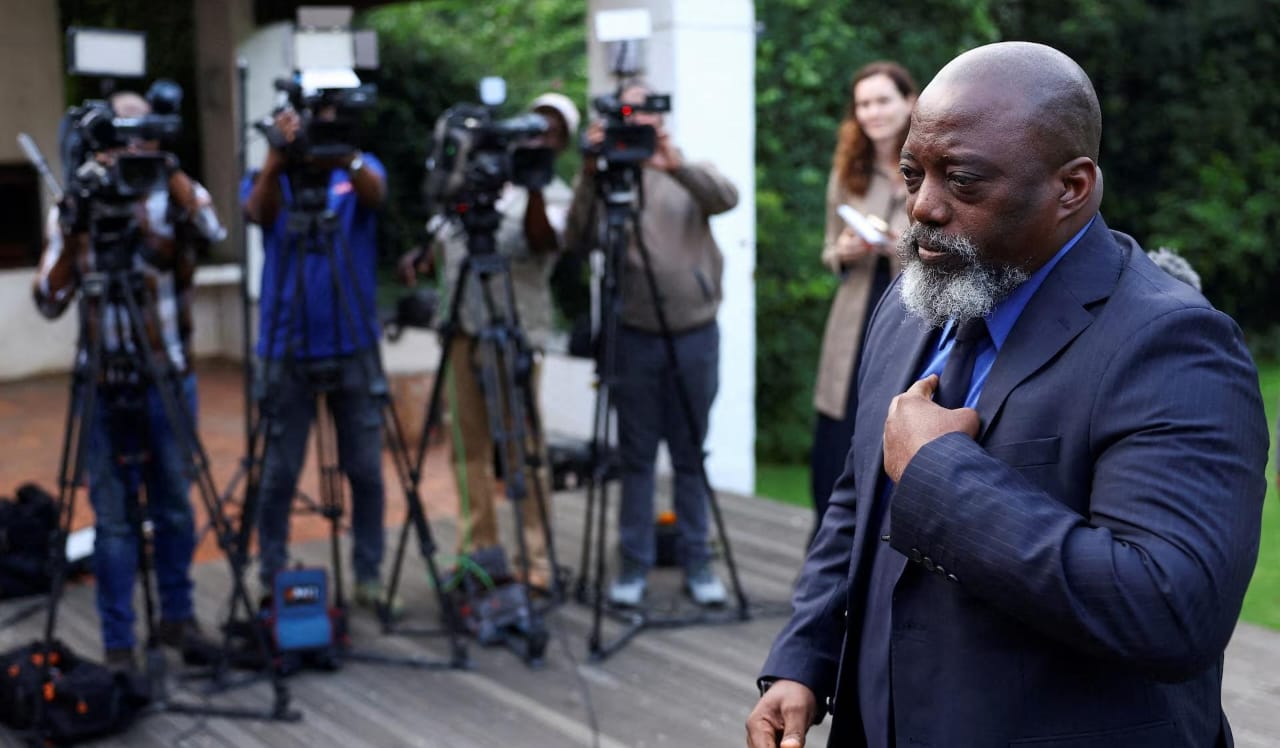
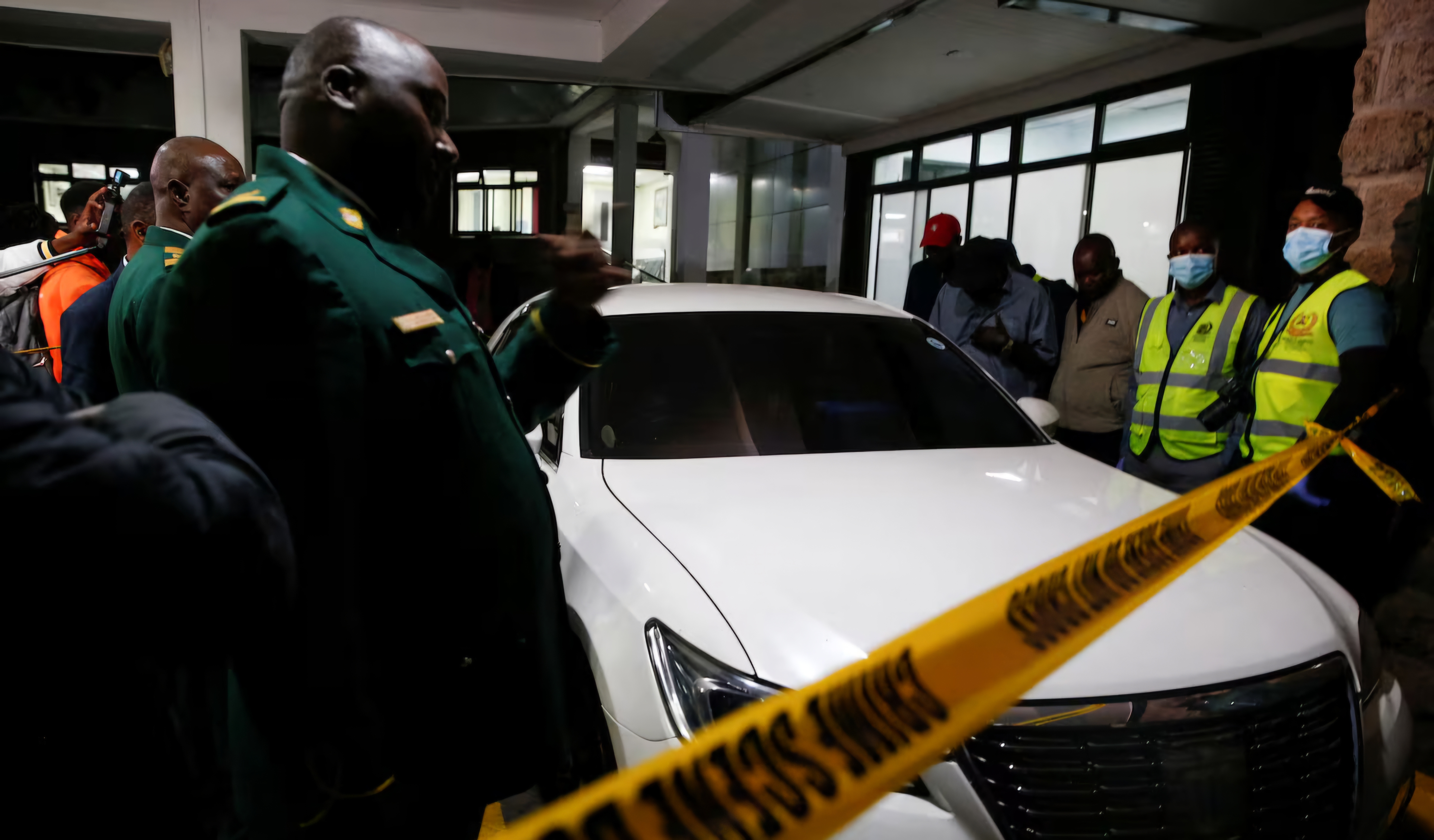
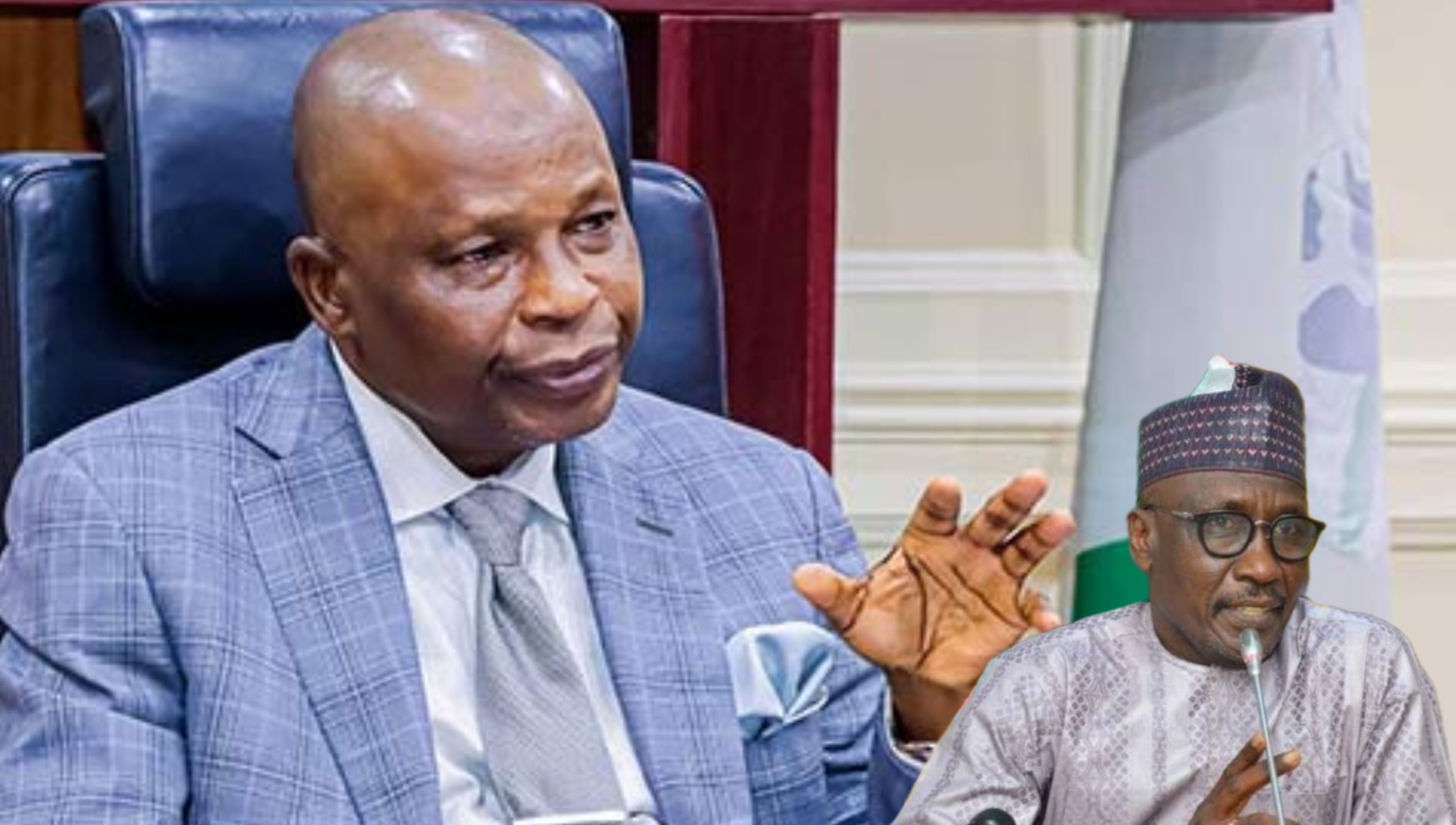

0 Comment(s)